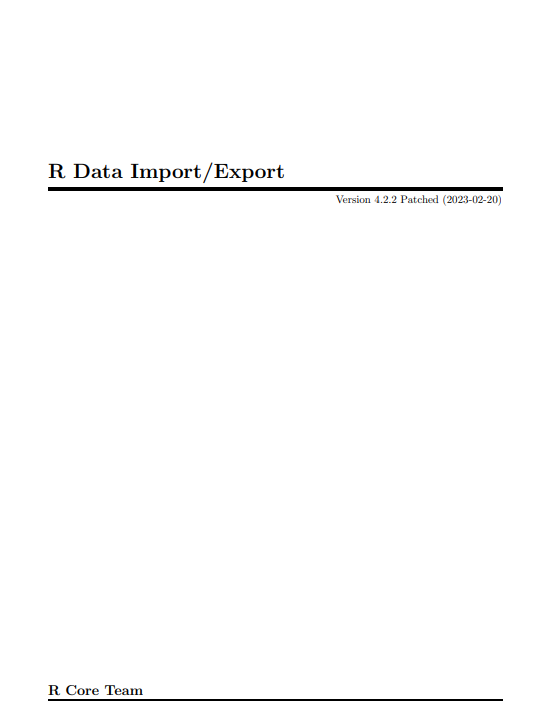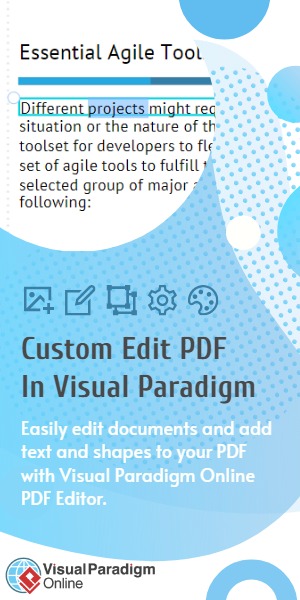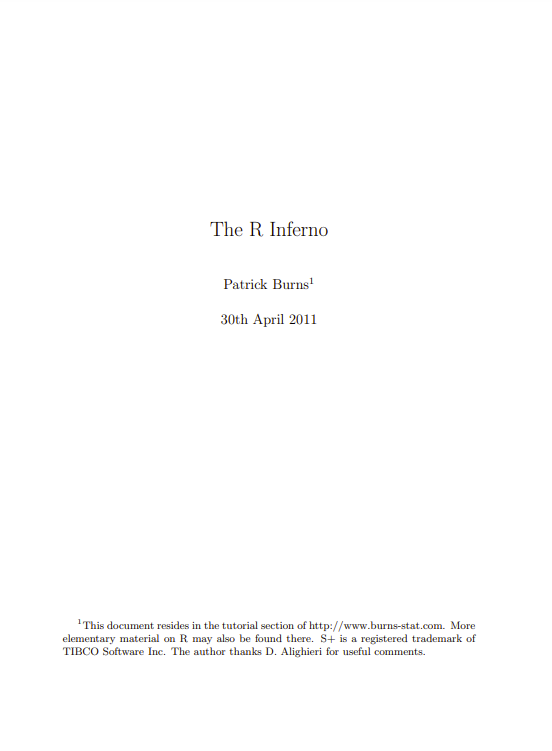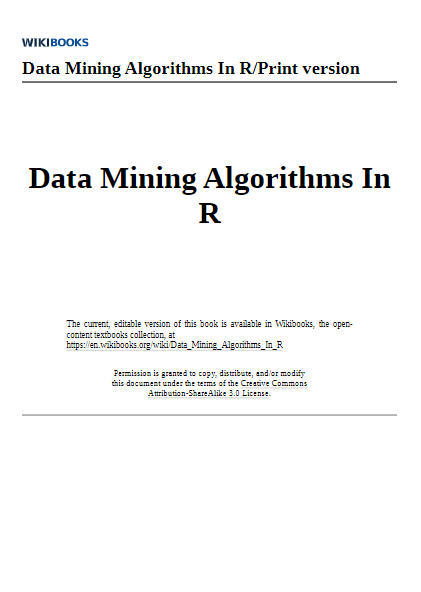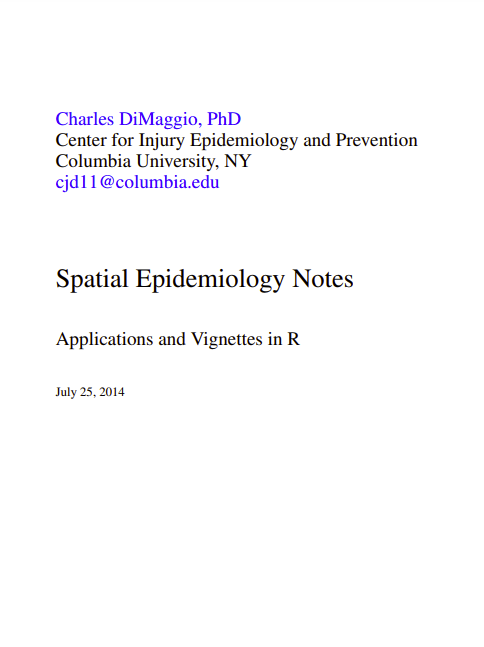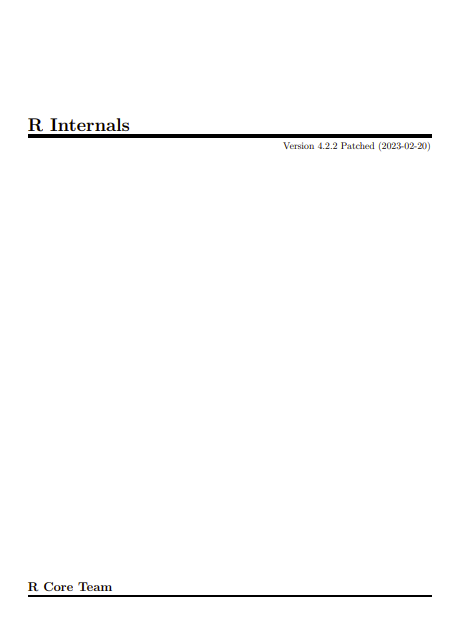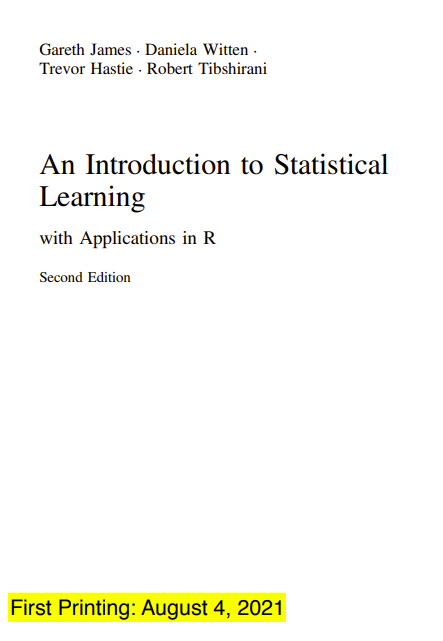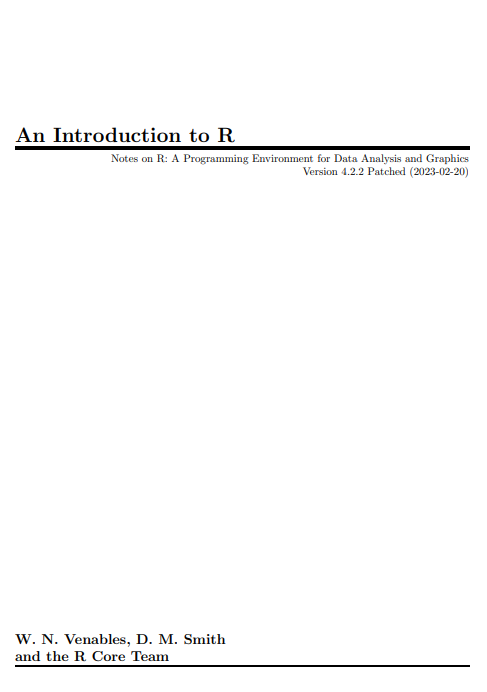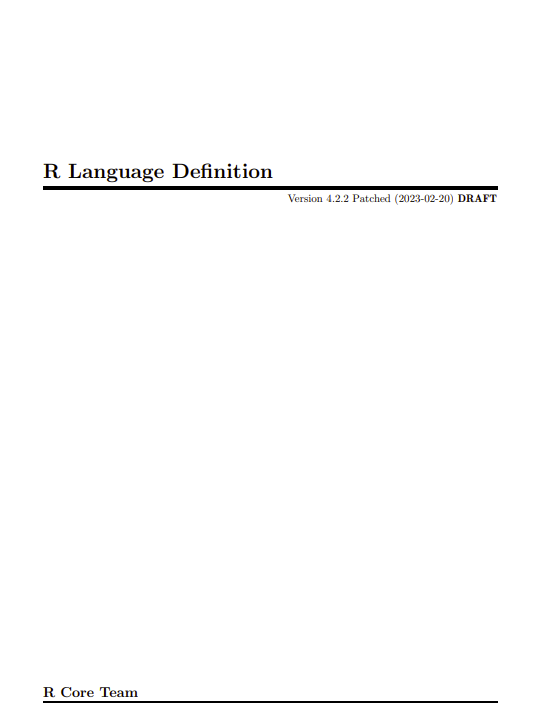Reading data into a statistical system for analysis and exporting the results to some other system for report writing can be frustrating tasks that can take far more time than the statistical analysis itself, even though most readers will find the latter far more appealing.
This manual describes the import and export facilities available either in R itself or via packages which are available from CRAN or elsewhere.
Unless otherwise stated, everything described in this manual is (at least in principle) available on all platforms running R.
In general, statistical systems like R are not particularly well suited to manipulations of large-scale data. Some other systems are better than R at this, and part of the thrust of this manual is to suggest that rather than duplicating functionality in R we can make another system do the work! (For example Therneau & Grambsch (2000) commented that they preferred to do data manipulation in SAS and then use package survival (https://CRAN.R-project. org/package=survival) in S for the analysis.) Database manipulation systems are often very suitable for manipulating and extracting data: several packages to interact with DBMSs are discussed here.
There are packages to allow functionality developed in languages such as Java, perl and python to be directly integrated with R code, making the use of facilities in these languages even more appropriate. (See the rJava (https://CRAN.R-project.org/package=rJava) package from CRAN.)
It is also worth remembering that R like S comes from the Unix tradition of small re-usable tools, and it can be rewarding to use tools such as awk and perl to manipulate data before import or after export. The case study in Becker, Chambers & Wilks (1988, Chapter 9) is an example of this, where Unix tools were used to check and manipulate the data before input to S. The traditional Unix tools are now much more widely available, including for Windows.
This manual was first written in 2000, and the number of scope of R packages has increased a hundredfold since. For specialist data formats it is worth searching to see if a suitable package already exists.
